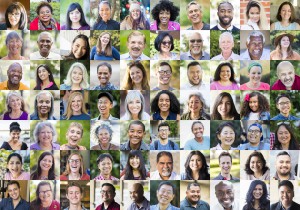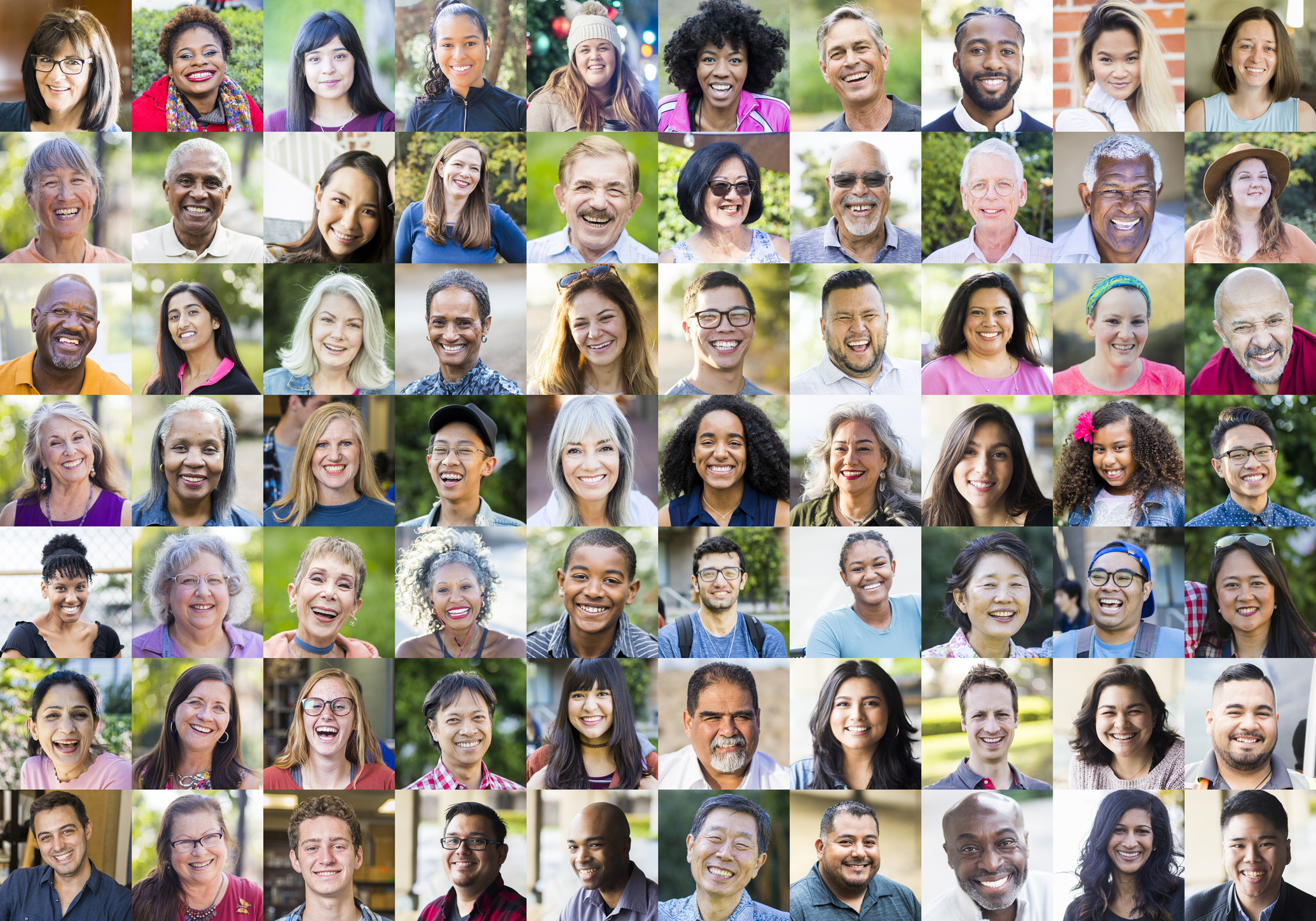 June 19, 2020
June 19, 2020
About Social Work Responds
The Association of Social Work Boards, the Council on Social Work Education, and the National Association of Social Workers are committed to collaborating on the range of issues affecting the social work profession and the people and communities we serve in this ever-changing and unsettling environment created by the novel coronavirus, COVID-19.
Follow Up
Based on previous Social Work Responds emails and calls to action, our organizations want to share critical follow up information.
NASW launched its national campaign for racial equity in a June 19 Facebook Live discussion: “The Other Pandemic: Racial Injustice.” Related resources can be found on the NASW website.
In a new video, CSWE Board Chair Saundra Starks, EdD, LCSW, shared her advice for the Class of 2020 who are graduating from social work programs into communities that are addressing urgent calls for social justice and public health services. View the video on CSWE’s YouTube channel.
This Is Who We Are
 In the June 5 issue of Social Work Responds, we explored the role of the social worker in the face of two pandemics that disproportionately affect communities of color, COVID-19 and institutional racism. Each crisis requires urgent attention and action, calling on social workers, regulators, and social work educators to be creative in responding to the needs of clients, colleagues, constituents, and students. This week’s issue continues to focus on how social workers are uniquely qualified to address both of these pandemics.
In the June 5 issue of Social Work Responds, we explored the role of the social worker in the face of two pandemics that disproportionately affect communities of color, COVID-19 and institutional racism. Each crisis requires urgent attention and action, calling on social workers, regulators, and social work educators to be creative in responding to the needs of clients, colleagues, constituents, and students. This week’s issue continues to focus on how social workers are uniquely qualified to address both of these pandemics.
You shared some excellent examples of such creativity through our survey in April; other examples are highlighted in various media stories. The ingenuity, improvisation, and adaptability shown during the COVID-19 pandemic point to how our profession always pivots to meet community needs regardless of the magnitude of the crisis. We imagine that the same sort of creativity and nimbleness is occurring in the face of the national reckoning around institutional racism that we are experiencing.
Thinking of new ways to connect with, act on behalf of, and support students, faculty, practitioners, client systems, and regulators is essential in this climate. The country will eventually emerge from the shadow of COVID-19, and social workers will pivot again, quietly providing the vitally important services, advocacy, and leadership needed for a recovery that benefits people from every community.
How wonderful that adaptation, improvisation, and fearless problem-solving are part of our social work toolkit. This is who we are.
Sometimes we refer to such creativity as “thinking outside the box,” meaning “without limits, rules, or traditions.” That is not necessarily what our organizations advocate. Instead, our best innovations in social work practice are grounded in the profession’s values and ethics and explored within the bounds of regulation. Social workers have flexibility to change or expand our methods and strategies because we know our parameters.
Changing circumstances don’t change who we are. Changing circumstances call on us to dig deeper and to go beyond the status quo knowing that our commitment to our profession, and to safe and competent practice, will protect us and those we serve.
The pandemic ushered in a period of improvisation among schools of social work across the country. Faculty and students quickly adapted to online course delivery, modified field education, and ingenious “telegraduation” ceremonies. One program created a special commencement web page where faculty and students could post personal messages, including prerecorded name announcements and congratulations. Other schools created Facebook groups to mark the occasion.
CSWE made the most of the move to remote technology as well, creating a virtual space for educators, students, graduates, and social workers to leave advice and congratulatory messages for the Class of 2020 in the Spark community. These same digital platforms have been used to share information, connect and galvanize efforts to address institutional racism.
The regulatory landscape is also changing in response to COVID-19. The disruption to “life as we knew it” is in its own way healthy, much like sunset reviews challenge regulatory boards to ensure they remain relevant. Some of the emergency orders allowing licensees to practice across state lines using electronic practice modalities are demonstrating that safe practice is possible when appropriate guidelines are followed. These cases serve as a proof of concept that may help regulatory boards explore ways to make practice across state lines feasible in the future.
As a result of the COVID-19 pandemic, regulatory boards may be more willing to enact licensure by endorsement statutes to achieve practice mobility for licensed social workers. It is possible in the future that the boundaries of regulation will expand to embrace some of these innovative measures.
Resources
NASW’s workforce advocacy is focused on ensuring that hard-won telehealth flexibility continues. And as social workers begin to reopen private practices and resume in-person services at agencies and other workplaces, NASW is adding new guidelines to its chapter and national websites and expanding related CE offerings.
CSWE’s Journal of Social Work Education (JSWE) has compiled a collection of articles with a focus on race/racism, oppression, social justice, and related topics that social workers and social work educators are committed to addressing and resolving. The following articles will be open access until September 30, 2020, through the Taylor & Francis JSWE Online portal. Find them and more information at www.cswe.org/news or the links below.
- “Walk the Talk of Power, Privilege, and Oppression: A Template Analysis” (Brittanie Atteberry-Ash, Nicole Nicotera, & Brian Gonzales, 2019)
- “Social Work, Politics, and Social Policy Education: Applying a Multidimensional Framework of Power” (Amy Krings, Vincent Fusaro, Kerri Leyda Nicoll, & Na Youn Lee, 2019)
- “Social Justice and Social Work, A Fierce Urgency: Recommendations for Social Work Social Justice Pedagogy” (Anthony Nicotera, 2019)
Regulatory provisions issued during the pandemic related to continuing education requirements, in-person supervision requirements, and license renewal dates are updated regularly on our COVID-19 page as ASWB becomes aware of changes. If a state is not listed, there are no provisions specific to the public health emergency at this time. Please be aware that some of the emergency provisions may be expiring. Always check with the licensing board for the most up to date and accurate information.
*****
Related Posts
February 2: Time for New Outreach to Social Workers
October 29: We Want to Hear from You!
July 30: Reopening Ahead of a Fourth Wave
April 30: Suppressing Voter Suppression
February 26: Essential and Valued
January 29: A Vaccine Is Not a Cure
December 1: Election 2020: Wins All Around!
October 16: How do you eat an elephant…?
October 9 – Creating an Inclusive Economy
September 25 – We ‘have a way to go’ to achieve racial equity in social work
September 11 – Social Work and School Reopening
August 24 – Each One Register One
August 7 – Ensuring All Levels of Self-Care
July 24 – Will the Pandemic Cause Mental Trauma?
July 10 – Interprofessional Health Care Model Responds to Both Pandemics
May 15 – Let’s Call It What It Is…Telesocialwork
May 1 – What’s the Meaning of This?
April 24 – Social Worker COVID-19 Survey
April 17 – COVID-19 and Social Justice
April 10 – Reinforcing the Essential Nature of Social Work
April 3 – Balancing “Essential” with Safe and Ethical
March 27 – COVID-19 Telehealth: Providing Mental Health Support Safely, Ethically and Competently




